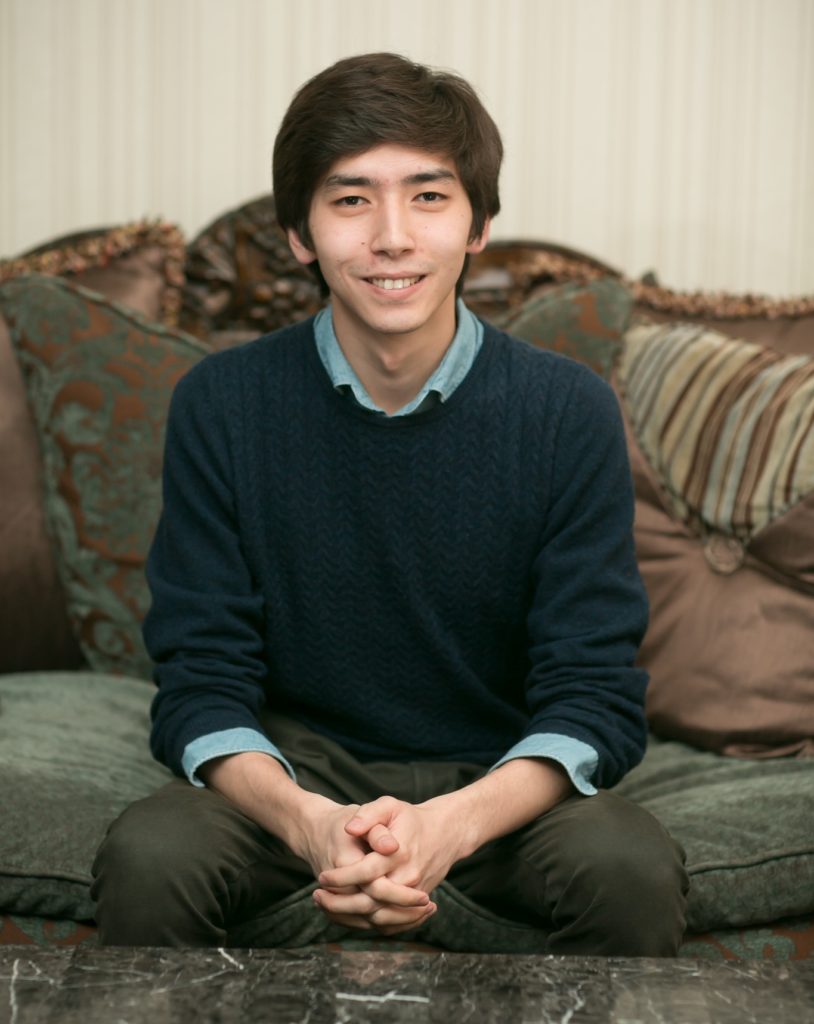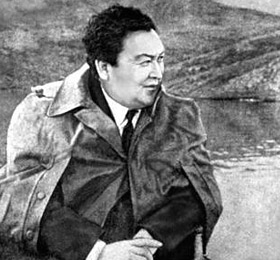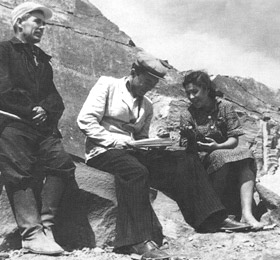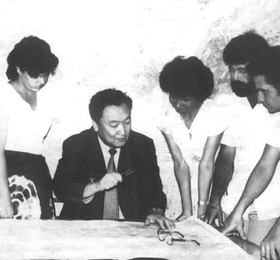Timur Beremkulov
Specialization: physics. Internship: University of Geneva, Switzerland.
 Yes, there are not only the young mathematiсians, but physicist in Kazakhstan. Timur is one of the latter. A graduate of Nazarbayev University won the competition of the Shakhmardan Yessenov Foundation and went to Geneva this summer at the faculty of nuclear and corpuscular physics of the local University.
Yes, there are not only the young mathematiсians, but physicist in Kazakhstan. Timur is one of the latter. A graduate of Nazarbayev University won the competition of the Shakhmardan Yessenov Foundation and went to Geneva this summer at the faculty of nuclear and corpuscular physics of the local University.
How did your interest in physics begin? How did you decide that you would do it?
I was just really lucky to have a good physics teacher at school. Mikhail Abramovich Mariupolsky did not just teach physics, but was able to interest and taught to apply it in everyday life.
A few words about the grant competition, please. Was it difficult?
The competition was, of course, difficult. Still, I had to compete with the best students of Kazakhstan. I was very nervous, especially if you consider that last year I already applied for that same program, but did not pass. I liked the second round very much, because the questions and tasks were non-standard.
What was your internship at the Swiss laboratory?
The goal of the project I joined was to create a scanner for positron emission tomography. In essence, it is the same computed tomography, only the source of x-rays is inside the person. Several universities in Europe are working on the project. Our task was to design sensors for the scanner i.e. those parts that determine the direction of the arrival of x-rays “out of the person” and build a picture on the basis of these data. The new technology developed at the University of Geneva can significantly improve the accuracy of sensors. This will allow, for example, more accurately determining the position of tumors and reducing the dose of radiation. In the team of Professor Giuseppe Iacobucci, I was involved in testing prototypes of the sensor and conducting simulations of the process tomography. In the laboratory, we also checked whether the sensor has problems, for example, with overheating, or whether they are broken during the standard procedure of their installation etc.
What have you achieved in three months of internship?
First, we found the optimal configuration of the sensor. We found inside electronics of the sensor errors that led to short circuits, static discharges, etc. I gained useful skills. For example, now I can work in software called Geant4 used for modelling the detectors. I also can surely say that I have a lot of experience with silicone sensors and microelectronics. I am much more confident while working with laboratory equipment. It was also important for me to understand what kind of knowledge is necessary for a physicist working in the field of high energies. This is a deeper knowledge of electronics and statistics. That’s what I did in my last year at the University. It was also interesting to understand how the process of planning works in a large project is going on, and how decisions are made in it.
What’s next?
The skills I have acquired are universal and can be used in any project in my field. For example, with the help of Geant4 I will be able to design scintillator detectors for Tien Shan Observatory in Almaty. It was during the internship that I learned what skills and knowledge are needed for my future work. I enrolled a doctoral program at the University of Colorado Boulder, where I will continue to explore the physics of high energies.
10.08.18, Stories
Seen by: 561




